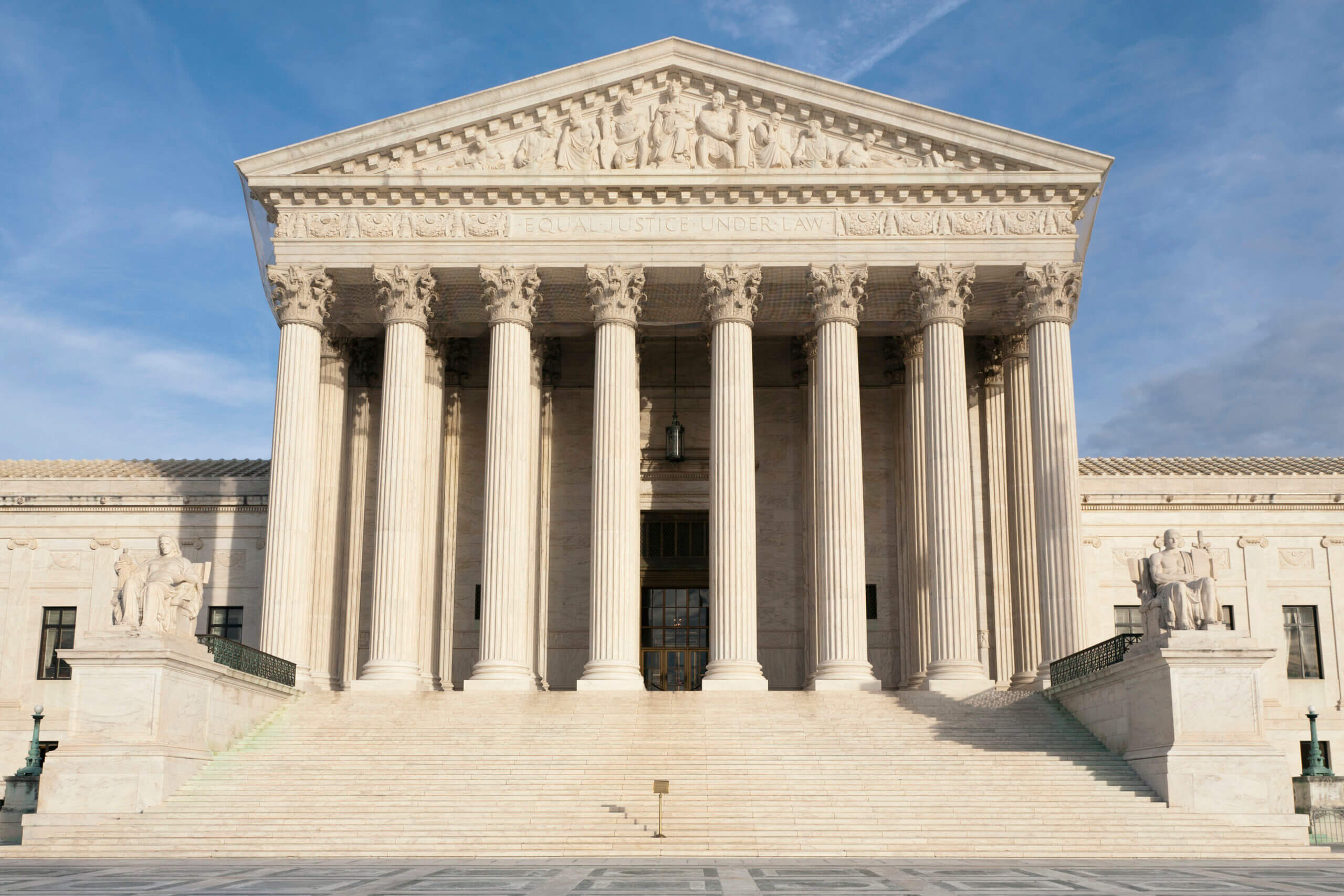On June 20, 2024, the Supreme Court of the United States (SCOTUS) upheld a provision of the 2017 tax law that imposed on shareholders of American-controlled foreign corporations a one-time, backward-looking tax on earnings accumulated and undistributed by foreign corporations.
Need to Know:
In 2017, the Tax Cuts and Jobs Act (“TCJA”) was enacted, which made a significant number of tax changes, including the enactment of the Mandatory Repatriation Act tax (“MRT”) The MRT is a one-time, backward-looking pass-through tax on some American shareholders of certain American-controlled foreign corporations. The one-time tax addressed the trillions of dollars in income these corporations had earned and accumulated abroad that went almost entirely untaxed by the United States. On Thursday, June 20, in Moore v. United States, No. 22-800, SCOTUS held the MRT constitutional, a significant win for the government.
The tax challenge was initiated by Petitioners Charles and Kathleen Moore, who had invested in an American-controlled foreign corporation, KisanKraft. The corporation had accumulated a substantial amount of income from 2006 to 2017, which was not distributed to its American shareholders. As a result, the MRT was imposed on the Moores’ pro-rata share of KisanKraft’s accumulated income, leading to a tax liability of $14,729. The Moores paid the tax and then filed a lawsuit for a refund.
In their challenge, the Moores claimed that the MRT was unconstitutional. They argued that the MRT was an unapportioned direct tax on their shares of KisanKraft stock, essentially a property tax, which they believed was in violation of the Constitution’s apportionment clause in the 16th Amendment. The government, on the other hand, maintained that the tax was an income tax, which is not required to be apportioned under the 16th Amendment. The Moores countered this by stating that KisanKraft’s profits did not qualify as income because they never received any income.
Justice Brett M. Kavanaugh wrote the majority opinion and stated, “[T]he precise and narrow question that the Court addresses today is whether Congress may attribute an entity’s realized and undistributed income to the entity’s shareholders or partners, and then tax the shareholders or partners on their portions of that income. This Court’s longstanding precedents, reflected in and reinforced by Congress’s longstanding practice, establish that the answer is yes.” (Emphasis added.)
What Does This Ruling Mean for You?
This ruling means taxing a company’s owners on income earned by the company but not actually distributed to those owners is permissible, which emphasizes the need for proper and proactive tax planning for individuals and businesses, especially for complex matters such as ownership in foreign corporations.
If you have questions about how this affects your situation, be sure to contact your Dean Dorton advisor.
[1] https://apnews.com/article/supreme-court-wealth-tax-5a13417bd5ae41f7d150ac596f7c51d0








